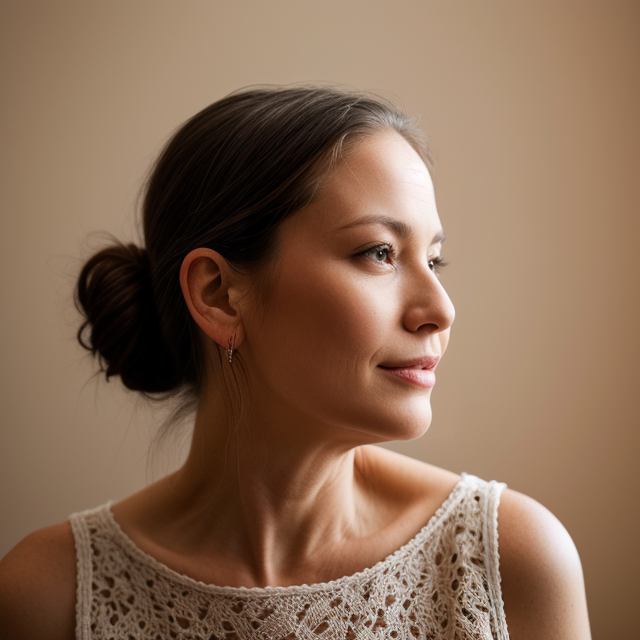Divorce is a deeply emotional journey filled with a mix of feelings and experiences. People going through it often feel like they’re on an emotional rollercoaster. This article aims to help you understand the emotional stages of divorce. It will guide you to approach this change with strength and kindness towards yourself.
If you’re thinking about divorce or already in the process, knowing what to expect can help a lot. This article will cover the common emotional stages and offer ways to cope. It aims to be a guide for you, helping you find your way through the tough times of divorce with more clarity and purpose.
Understanding the Emotional Rollercoaster of Divorce
Divorce is a tough and emotional journey, filled with complex feelings. The emotional stages of divorce are part of the grieving process. It’s important for those going through a separation to understand and work through these feelings.
Denial and Shock: The Initial Response
When the reality of divorce hits, people often feel denial and shock. This initial feeling is a way to protect oneself from the big changes ahead. It makes it hard to accept the end of the marriage, leading to a hope that things will get better.
Anger and Bargaining: Grappling with the Reality
As the denial and shock fade, anger and bargaining may come to the forefront. People might get angry with their ex, blaming them for the divorce. They also try to get back in control, hoping to “bargain” their way back into the marriage or settle the separation terms.
Dealing with these emotions is tough, but with help from mental health experts and a commitment to healing, people can move forward. They can find a way to heal and grow personally.

If you’re facing the challenges of divorce in Alberta, consulting experienced divorce lawyers Calgary can provide the legal support you need while navigating these emotional stages.
The Grieving Process During Divorce
Divorce can make you feel like you’re grieving, similar to when you lose someone close. You’ll go through many emotions, like denial and anger, then bargaining, and finally, acceptance.
The grieving process during divorce is very personal. Everyone’s experience is different. But knowing the common stages can help you deal with your feelings.
- Denial and Shock: At first, it’s hard to accept the divorce. People often hold onto hope that things can go back to how they were.
- Anger and Bargaining: As reality hits, anger and a wish to “fix” things can grow. This stage is tough, with lots of negotiations and legal stuff.
- Depression and Sadness: Realizing the relationship is over can make you feel sad, lonely, and grieving. This is a key part of healing, where you face and deal with your feelings.
- Acceptance and Healing: With support from friends and experts, you can start to accept things and find peace. This stage brings hope and a chance to move on with life.
Going through the emotional stages of divorce is tough. But understanding the grieving process and finding ways to cope can help. This way, you can heal and grow.
Coping Strategies for Navigating the Emotional Stages
Going through a divorce can feel like a wild ride of emotions. But there are ways to make it easier.

Getting help from a therapist or counselor is a key step. They can help you deal with the tough feelings that come with ending a marriage.
Seeking Professional Support
Seeing a therapist or counselor gives you a safe place to talk about your feelings. They can teach you ways to handle grief, anger, and other emotions. This support helps you move forward in a positive way.
Practicing Self-Care and Mindfulness
Self-care and mindfulness are also important during a divorce. This means doing things like exercising, meditating, writing in a journal, or just relaxing. Taking care of yourself helps you stay strong and find peace during hard times.
Using these strategies can make going through the emotional parts of a divorce easier. You’ll feel more supported and kind to yourself. This can lead to personal growth and a better future.


